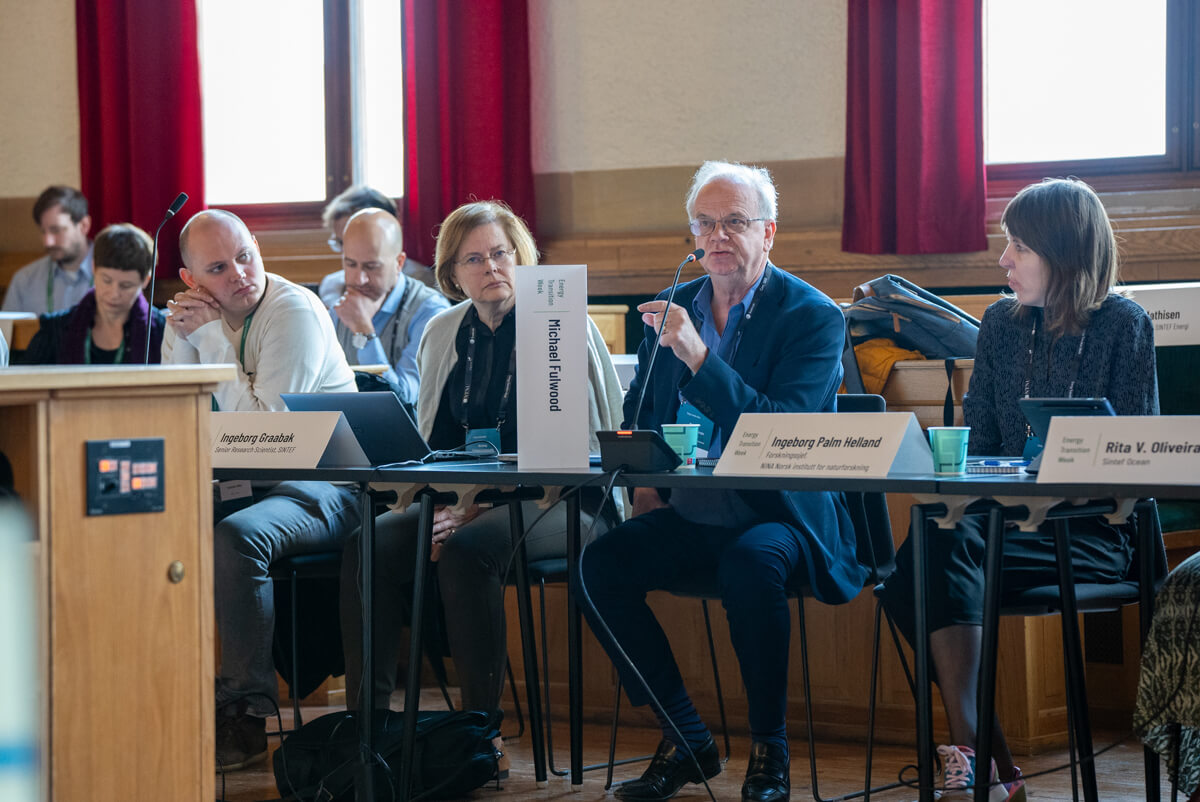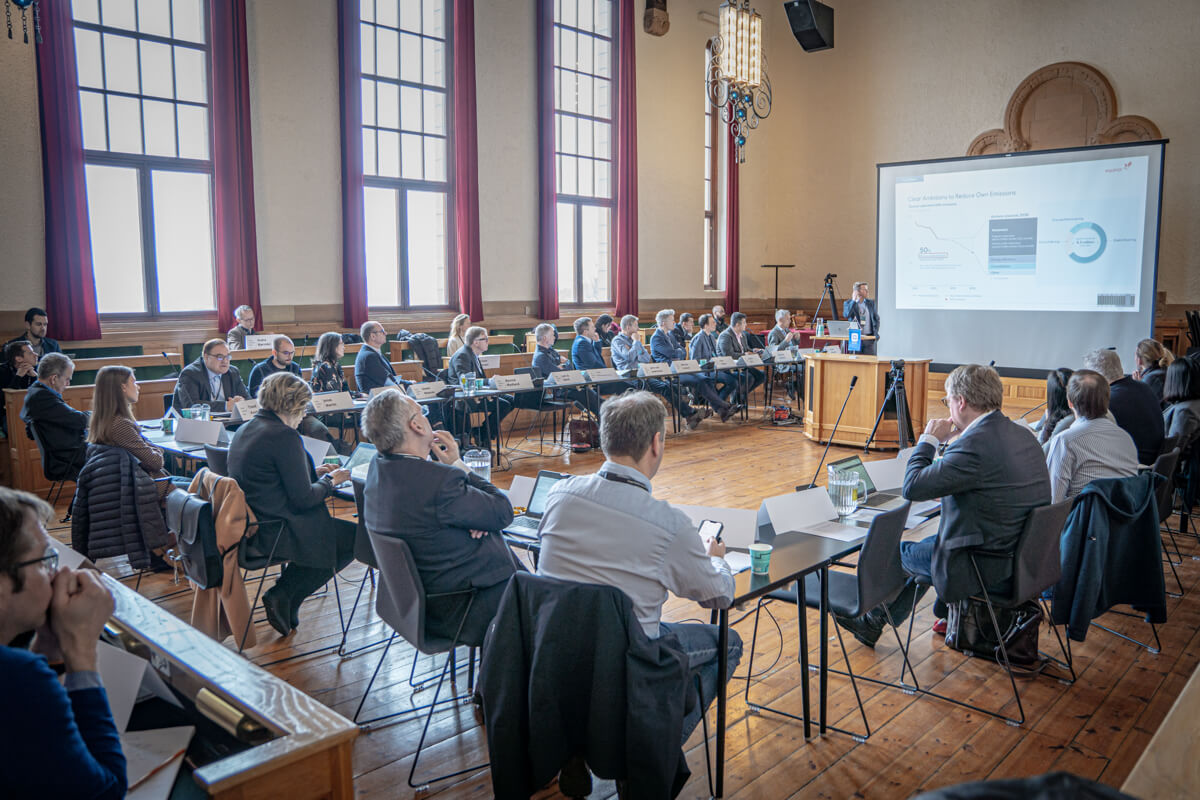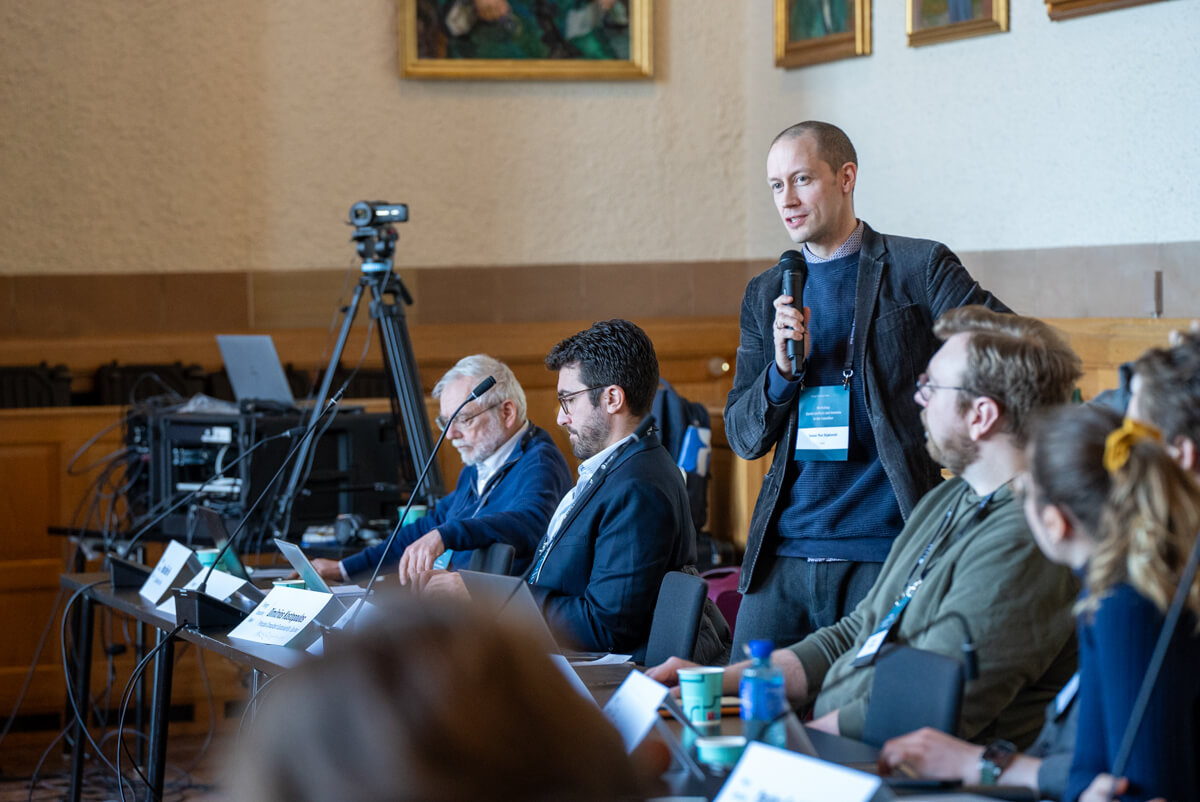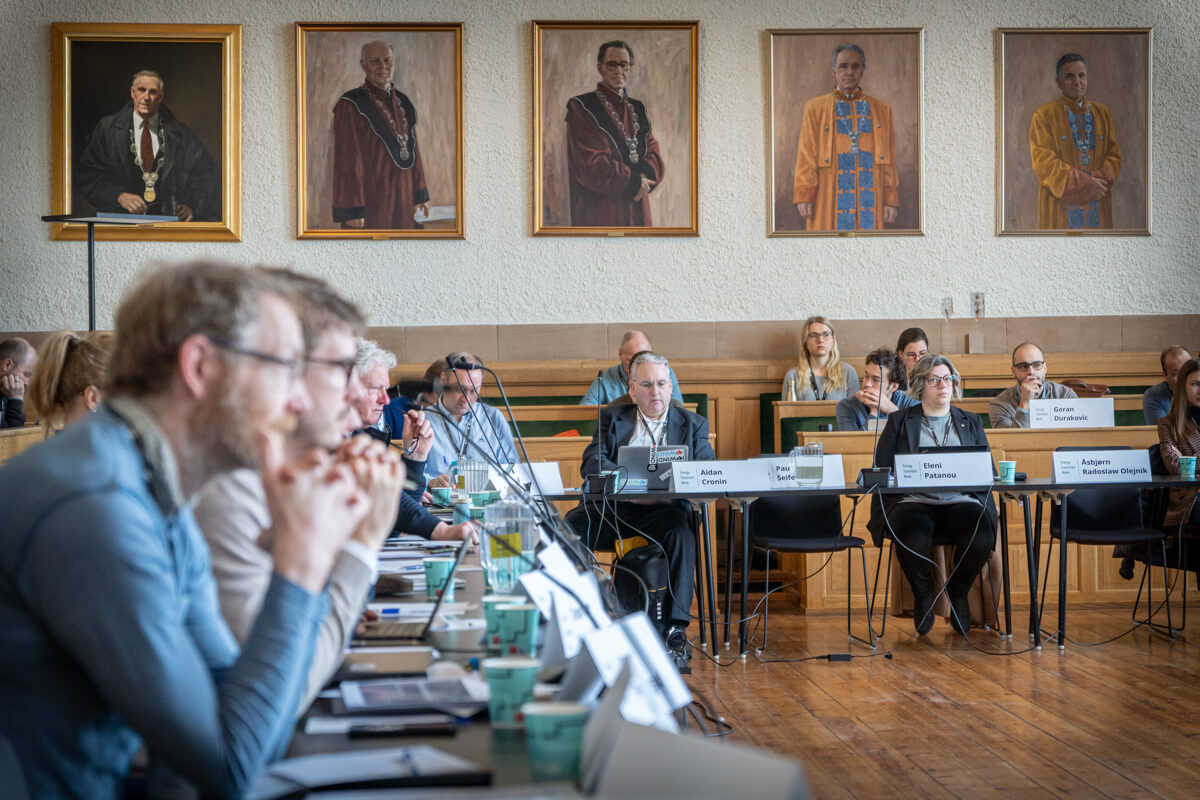Supply Chains and Recycling of Critical Raw Materials
Supply Chains and Recycling of Critical Raw Materials
The transition to a low-carbon economy is driving demand for critical raw minerals (CRM) like lithium, cobalt, and rare earth elements essential for clean technologies. China’s targeted policies have established a CRM integrated ecosystem, dominating large parts of the global supply chains. Whereas the EU’s limited domestic capacity in mining and processing has created strong dependencies and supply risks from geopolitical tensions and market volatility. In response, the EU adopted the Critical Raw Materials Act in 2024 to boost domestic extraction, processing, and recycling. However, implementation faces several obstacles including funding shortages, public opposition to mining, and recycling limitations.
This workshop will address the upstream and downstream challenges in establishing secure supply chains for critical raw materials. We will first cover the market and policy environment for new European mining operations, including social licensing issues. We will then discuss European R&D efforts in processing technologies, strategies to attract industry and skilled workforce, and the manufacturing/remanufacturing aspects of clean technologies.
Program
| 09:30 | Welcome and setting the scene by Hans Auer, Professor, TU Wien (AT) & NTNU (NO) |
| 09:45 | Keynote by Peter Handley, Founder, Advisory Services Europe 32 (UK) & The Hague Centre for Strategic Studies (NL) |
| 10:30 | Session 1: Upstream markets and policies for European mining operations and social licensing Insights from: - Maria Lauritzen, Deputy Director-General, Direktorat for Mineralforvaltning (NO) - Marzia Sesini, Research Team Leader at Florence School of Regulation, European University Institute (IT) Moderated dialogue, Q&A |
| 11:15 | Short tea/coffee break, refreshments |
| 11:30 | Session 1 (cont'd): Upstream markets and policies for European mining operations and social licensing Insights from: - Yanan Liang, PostDoc Researcher, Leiden University (NL) - Børre Stokholm, Senior Manager Business Development, Equinor (NO) - Carl Johannes Muth, Coordinator at CNESS (Climate Neutral Energy Systems and Society), Tampere University (F) Moderated dialogue, Q&A |
| 12:45 | Lunch break |
| 13:45 | Session 2: Downstream processing technologies, industry, capacity building, and manufacturing/remanufacturing Insights from: - Daniel Scholten, Research Associate Clingendael (NL) & Professor, Delft University of Technology (NL) - Mats Ingulstad, Professor, NTNU Department of Modern History and Society (NO) - Robert Pell, Founder & CEO, Minviro (UK) - Sebastian Zwickl-Bernhard, PostDoc Researcher, TU Wien (AT) & NTNU (NO) Moderated dialogue, Q&A |
| 15:45 | Summary and Conclusions by Hans Auer, Professor, TU Wien (AT) & NTNU (NO) |
| 16:00 | END of workshop |
Practical information:
Monday 31 March: 9:30 - 16:00
-
Moderated presentations and discussion
-
Modified Chatham Rules
-
Location: Rådsalen, NTNU main building
-
Estimated seats: 50
-
Organisers:
Hans Auer (TU Wien/NTNU), Carl Johannes Muth (Tampere University), Sebastian Zwickl-Bernhard (TU Wien/NTNU),
Astrid Sörensen (NTNU Energy Transition)




